The Emotional Skills Every Kid Needs—But Schools Don’t Teach
In classrooms across the world, students master math, science, and history—yet often leave without the emotional skills crucial for thriving in real life. Traditional education focuses heavily on academics, overlooking the vital abilities that help children navigate relationships, cope with challenges, and understand themselves. These emotional skills are the foundation for personal growth, healthy connections, and lifelong well-being. As society evolves, the gap between what’s taught and what’s truly needed grows more apparent. Bridging this gap is essential to prepare children for a balanced, fulfilling future.
1. Self-Awareness

Self-awareness is the ability to recognize and understand one’s own emotions, strengths, and limitations. When children are self-aware, they can identify what they’re feeling—whether it’s excitement before a game or frustration during homework. This awareness empowers them to express their needs and make thoughtful decisions. For example, a self-aware child might say, “I’m nervous about speaking in class,” while another may act out without knowing why. Kids who struggle with self-awareness often find it harder to manage their feelings or connect with others meaningfully.
2. Empathy

Empathy—the ability to understand and share the feelings of others—is essential for building deep friendships and nurturing a caring community. When children practice empathy, they notice when a classmate is sad or left out and reach out with kindness. Simple acts, like comforting a friend after a tough day or including someone in a game, demonstrate genuine understanding. Without empathy, children are more likely to engage in or overlook bullying, while empathetic kids help create safer, more supportive environments for everyone.
3. Managing Anger
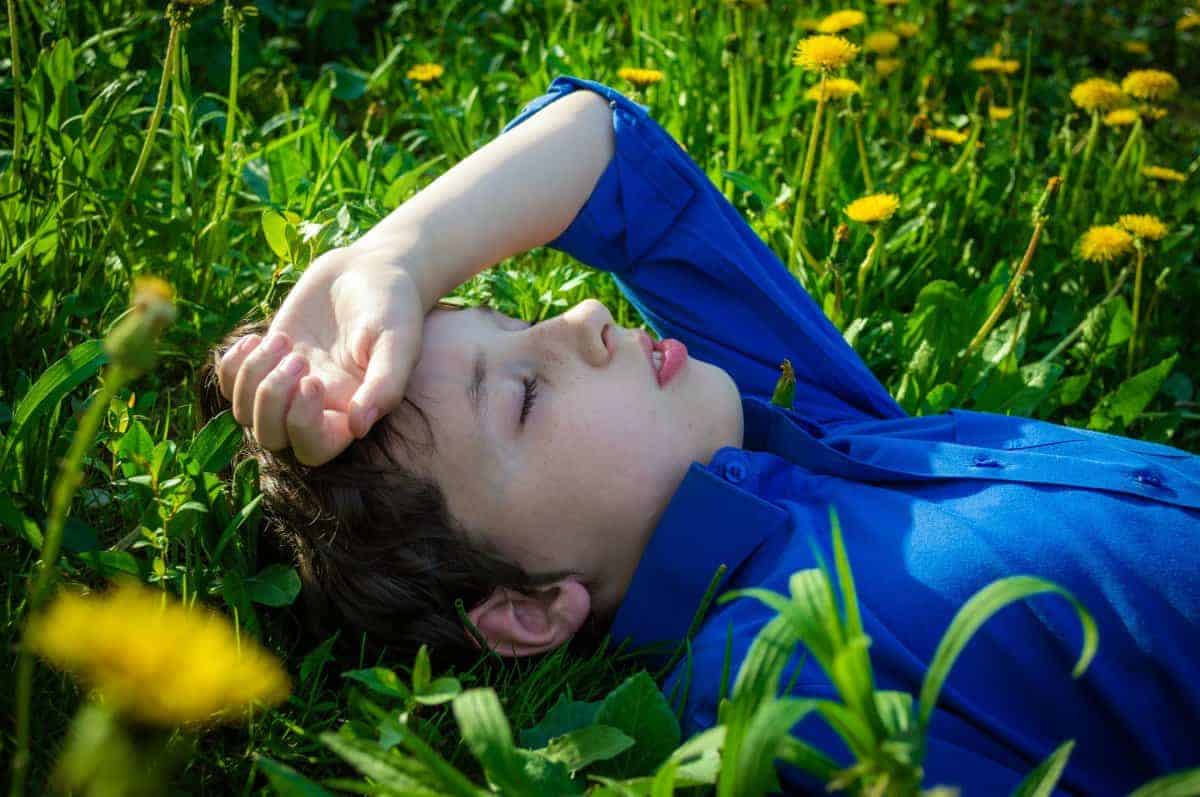
Learning to recognize and regulate anger is a crucial skill for kids. Unmanaged anger can lead to arguments, damaged friendships, or trouble with teachers and parents. Children who understand their anger can use strategies like deep breathing, counting to ten, or taking a timeout to cool down. These techniques prevent situations from escalating and teach kids self-control. Adults who never learned these skills often struggle with impulse control and strained relationships. By practicing anger management early, children gain tools that serve them well throughout life.
4. Resilience

Resilience enables children to recover from setbacks and keep trying, even when things get tough. Whether it’s losing a game or struggling with a difficult assignment, resilient kids learn from failure rather than giving up. A child who didn’t make the soccer team but continues to practice shows true perseverance. This skill is vital not just for academic success, but for navigating life’s inevitable challenges. Without resilience, children may feel defeated easily, while those who are resilient develop confidence and a growth mindset.
5. Active Listening

Active listening means fully focusing on what someone else is saying, not just hearing their words. Children who practice active listening make eye contact, nod to show understanding, and ask thoughtful questions. This builds trust and helps resolve misunderstandings. In contrast, kids who interrupt or ignore others often struggle to build strong relationships. Active listening teaches patience and respect, making conversations more meaningful for everyone involved. It’s a simple skill, but its impact on friendships and teamwork can be profound.
6. Asking for Help

It takes real courage for children to ask for help, whether it’s with a tough assignment or a personal problem. Seeking support is a sign of strength—not weakness—and fosters both learning and collaboration. For instance, a student who raises their hand or approaches a friend for advice is taking an important step toward growth. In contrast, children who feel ashamed or insist on solving everything alone often struggle unnecessarily. Encouraging kids to reach out helps build a community where everyone learns from one another.
7. Setting Boundaries

Setting boundaries is vital for healthy relationships and self-respect. Children need to know they can communicate their comfort levels and say ‘no’ when something doesn’t feel right. For example, a child might tell a friend they need space or ask a sibling not to touch their belongings. This skill empowers kids to assert their needs respectfully, reducing the risk of being taken advantage of. Kids who struggle with boundaries may become overwhelmed or resentful, while those who set limits build safer, more balanced connections.
8. Coping with Disappointment

Learning to cope with disappointment helps children navigate life’s inevitable letdowns with resilience and grace. Whether it’s losing a competition or missing out on a birthday party, kids who can express their feelings, talk things through, and find positives rebound more quickly. Healthy coping might look like taking a break, talking to someone they trust, or focusing on what they can control. In contrast, unhealthy coping—like blaming others or giving up—can make setbacks feel even worse and hinder growth.
9. Practicing Gratitude
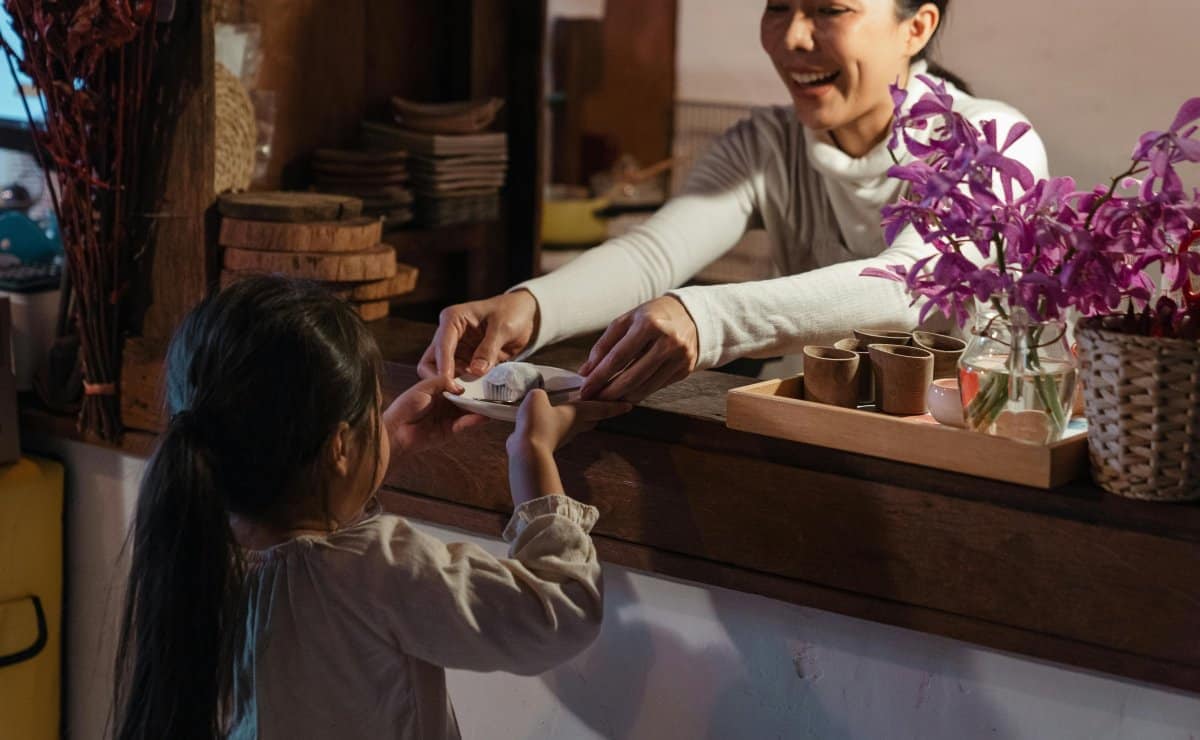
Practicing gratitude teaches children to recognize and appreciate the positives in their lives, big or small. Simple habits—like keeping a gratitude journal or saying thank you—help kids focus on what they have rather than what they lack. Children who regularly practice gratitude tend to feel happier and build stronger relationships. In contrast, those who dwell on disappointments or compare themselves to others often feel dissatisfied. Gratitude boosts mood, encourages empathy, and fosters a more optimistic outlook on life.
10. Conflict Resolution

Conflict resolution equips children with the skills to handle disagreements calmly and respectfully. This means staying calm, listening to each side, and working together to find a fair compromise. For example, kids might resolve a dispute over sharing toys by agreeing to take turns, or settle differences in a group project by dividing tasks. Children who practice these steps avoid unnecessary arguments and aggression. In contrast, those without conflict resolution skills may lash out, hold grudges, or struggle to maintain lasting friendships.
11. Self-Motivation
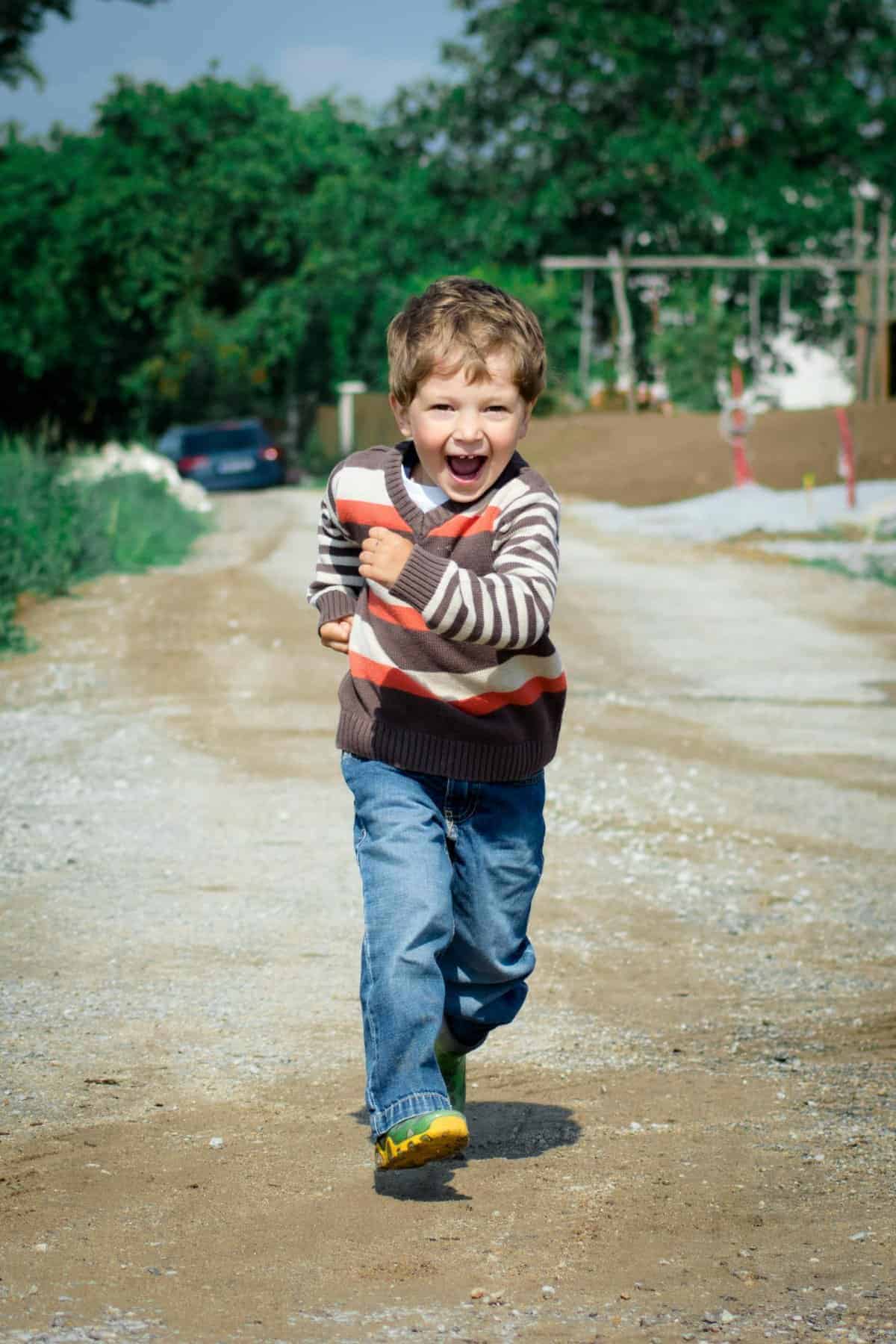
Self-motivation is the internal drive that pushes children to pursue goals and overcome obstacles, even without outside pressure. Kids who are self-motivated set their own targets—like finishing a book or practicing a new skill—and take pride in their achievements. This fosters persistence and a deep sense of personal satisfaction. In contrast, children who rely solely on external encouragement may struggle to complete tasks or develop independence. Building self-motivation early helps kids become lifelong learners ready to take on future challenges.
12. Handling Peer Pressure
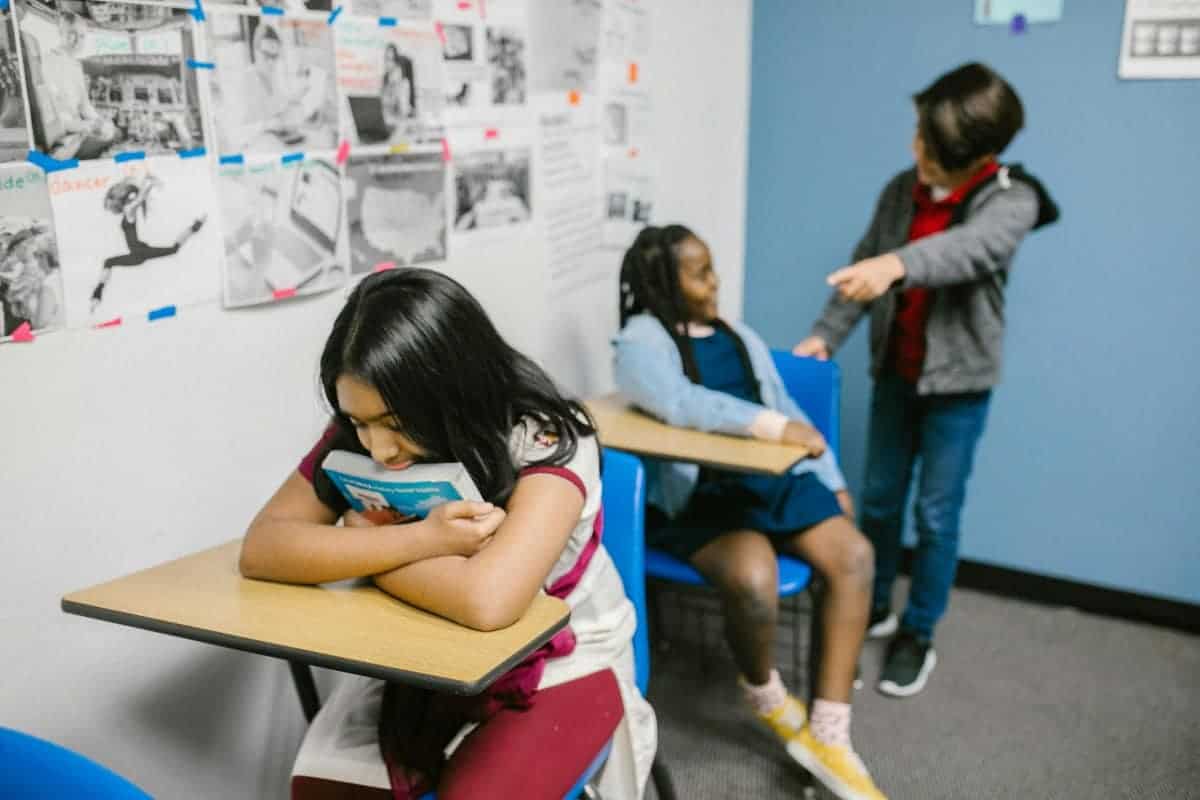
Handling peer pressure means making choices based on personal values, even when others try to sway you. Children who master this skill confidently say “no” to things that don’t feel right, whether it’s cheating on a test or joining in gossip. Resisting unhealthy peer influence is vital for self-respect and safety. Kids who can handle peer pressure remain true to themselves, while those who go along with the crowd often regret their decisions or compromise their own boundaries just to fit in.
13. Apologizing and Forgiving

Apologizing and forgiving are essential for healthy relationships and emotional well-being. When children learn to make sincere apologies—by admitting mistakes and making amends—they show maturity and empathy. Offering forgiveness, in turn, helps let go of resentment and rebuild trust. For example, a child who says, “I’m sorry for hurting your feelings,” can mend a friendship, while forgiveness allows both to move forward. Kids who avoid responsibility or hold grudges often struggle with lasting connections and carry unnecessary emotional burdens.
14. Managing Anxiety

Managing anxiety is a vital emotional skill that helps children face new or stressful situations without becoming overwhelmed. Recognizing anxious feelings is the first step, followed by coping practices like mindfulness, deep breathing, or grounding exercises. For example, a child who feels nervous before a school performance might calm themselves by taking slow breaths or repeating reassuring words. Kids who develop these skills are better equipped to handle challenges, while those who lack them may feel paralyzed by worry or avoid new experiences altogether.
15. Embracing Diversity

Embracing diversity means respecting and appreciating differences in culture, beliefs, and abilities. Children who value diversity invite classmates from all backgrounds to join activities, celebrate unique traditions, and listen to different perspectives. This inclusive attitude not only enriches their friendships but also deepens their understanding of the world. In contrast, exclusion or prejudice creates barriers and limits learning opportunities for everyone. Teaching kids to embrace diversity helps build a more compassionate, open-minded generation ready for an interconnected future.
Conclusion
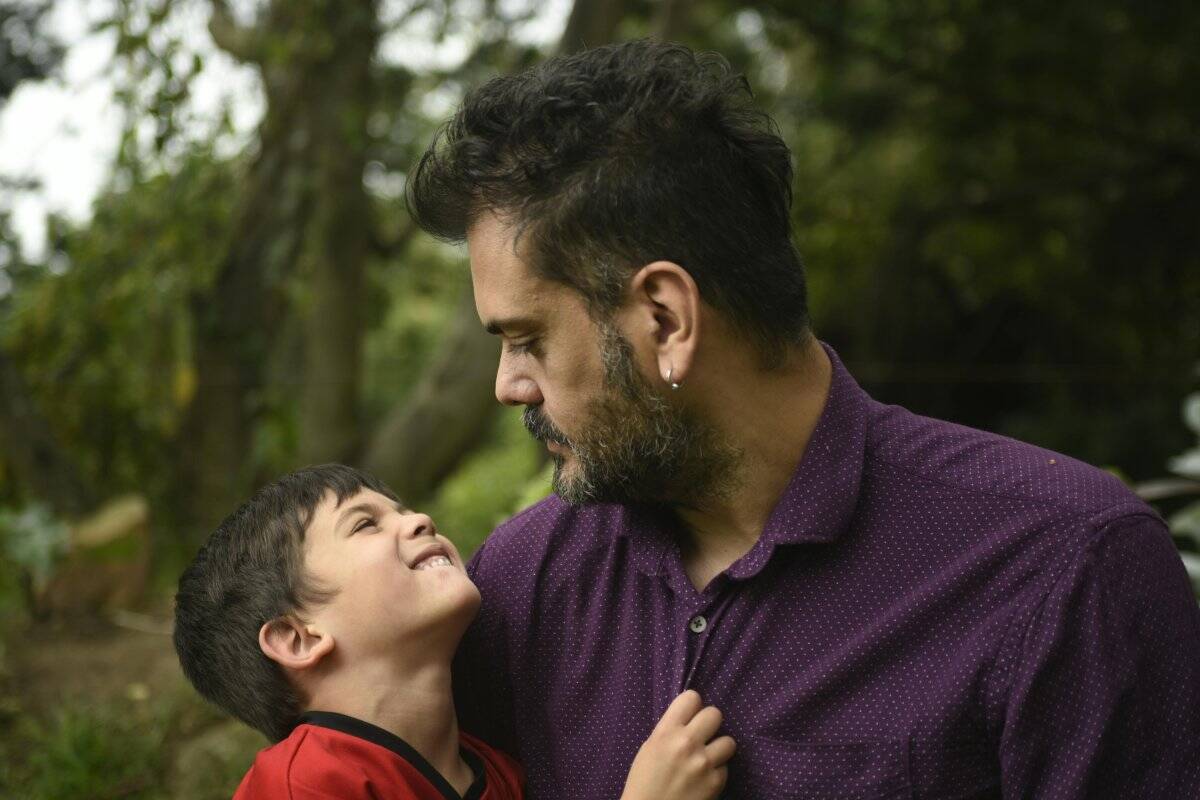
While schools excel at teaching academics, emotional skills are the true building blocks of lifelong success and happiness. By nurturing self-awareness, empathy, resilience, and the other abilities outlined here, families and communities can fill the gap traditional education leaves behind. These skills shape relationships, influence achievement, and foster well-being at every stage of life. Let’s encourage open conversations at home, model healthy emotional habits, and champion programs that support emotional learning. Together, we can help every child flourish—not just in school, but in life.
.article-content-img img { width: 100% }




